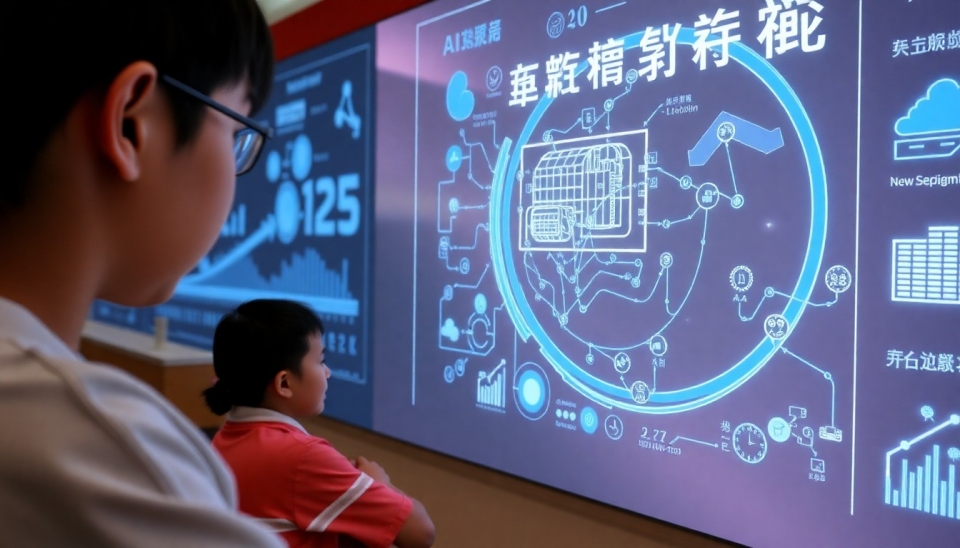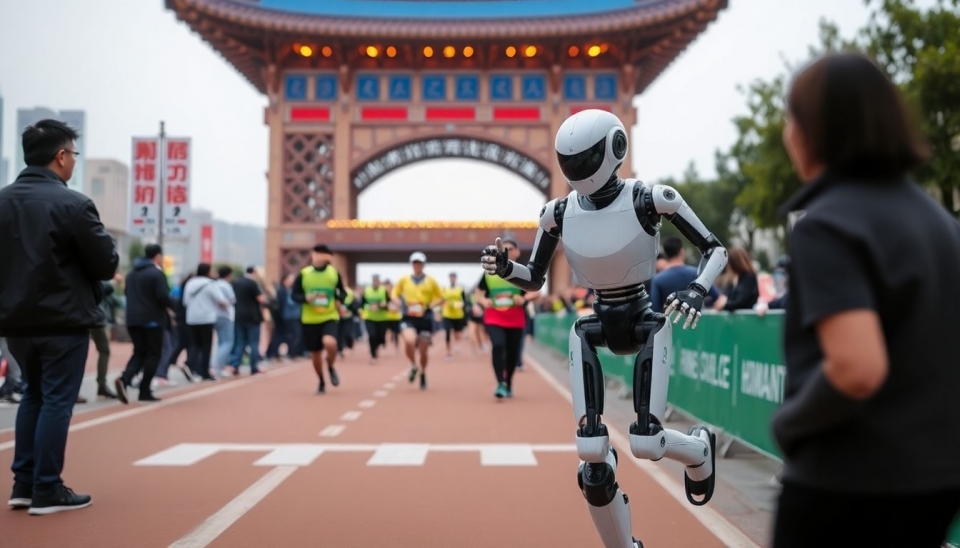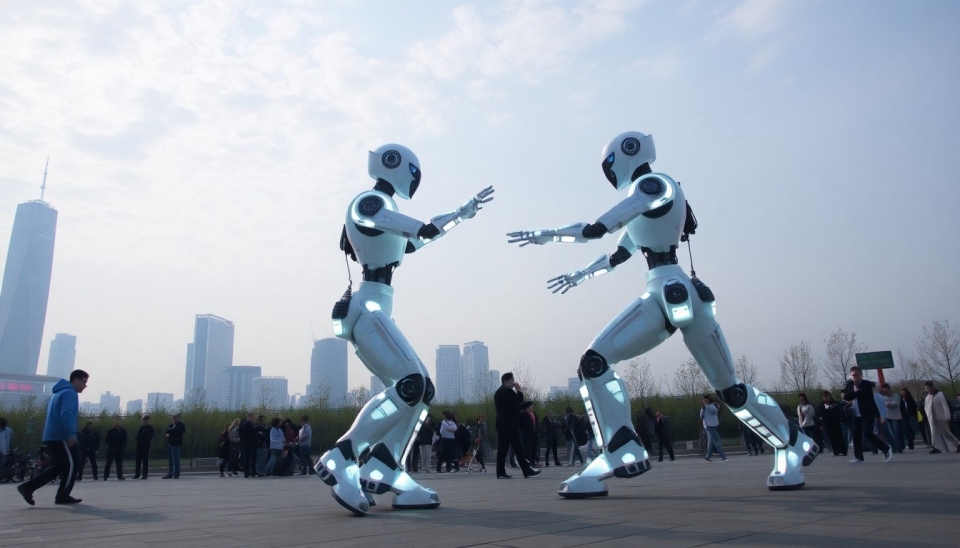
In a groundbreaking move, the Beijing municipal government has announced the implementation of new artificial intelligence (AI) courses aimed at children in efforts to foster a generation skilled in technology. This initiative comes on the heels of the rapid growth of the AI sector, with DeepSeek emerging as a notable contributor during this technological boom.
The decision to incorporate AI into the curriculum reflects an understanding of the increasing importance of technology in education and the job market. The move is part of a broader strategy to cultivate talent in essential fields like AI, machine learning, and data analysis from a young age, ultimately positioning China as a leader in these domains.
Officials detailed that the courses will be aimed primarily at students aged between 6 to 14 years and will be introduced as part of extracurricular programs in schools across the capital. This comprehensive curriculum will include fundamentals of programming, robotics, and even ethics related to the use of AI, ensuring that young learners are not only proficient in technical skills but also understand the implications of these technologies.
The rollout of the AI courses is expected to significantly enhance the educational landscape, providing children with hands-on experience and practical knowledge that complements their formal studies. Schools are encouraged to collaborate with local tech firms and educational organizations to enrich the AI curriculum, thus ensuring that it stays current with industry trends.
DeepSeek, an AI-driven platform utilized for various applications, has garnered attention for its innovative approaches and could play a key role in this educational endeavor. With its increasing popularity, the platform is seen as a model for practical applications of AI in real-world scenarios, aligning perfectly with the newfound educational goals of Beijing's schools.
The government is optimistic about the potential outcomes of this initiative, citing the ability for students to engage with cutting-edge technology—essentially preparing them for future careers in a rapidly changing labor market. Furthermore, this initiative aligns with China’s broader ambitions of becoming a global powerhouse in AI technology, spurring economic growth and development.
Critics, however, express concerns regarding the pace at which AI is being integrated into education, arguing for a balanced approach that includes discussions about the ethical dimensions of AI. They maintain that while it is vital for students to gain technical expertise, it is equally important to address various ethical, social, and economic considerations that accompany technological advancements.
As Beijing embarks on this educational journey, the global community watches closely, anticipating both challenges and successes that will pave the way for similar initiatives worldwide. If successful, Beijing's model could inspire other regions to implement similar programs, thereby igniting a worldwide interest in AI education for younger generations.
In conclusion, the launch of AI courses for children in Beijing signifies a fundamental shift in educational methodology, reflecting the rapid advancements in technology and the urgent need to prepare students for a digital future. As authorities move forward with this plan, the coming years will be critical in evaluating the effectiveness of AI education in cultivating a tech-savvy generation ready to meet the challenges of tomorrow.
#Beijing #AIcourses #education #technology #DeepSeek #futureoflearning #artificialintelligence #childrenslearning #STEM #innovation
Author: Liam Carter




